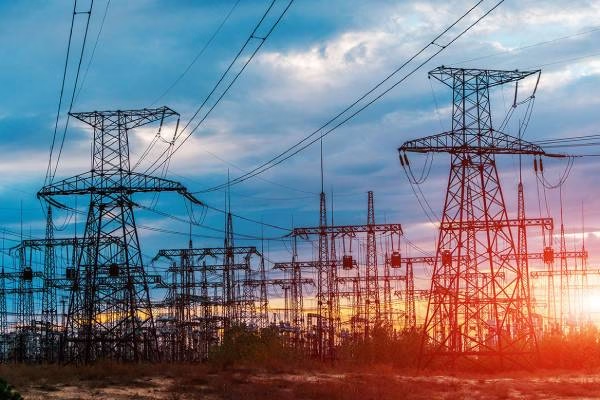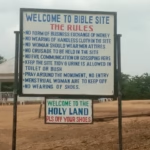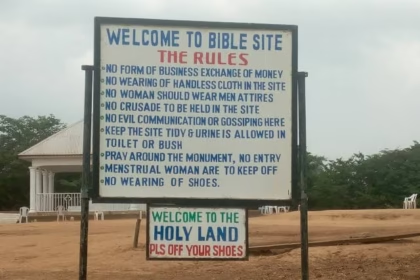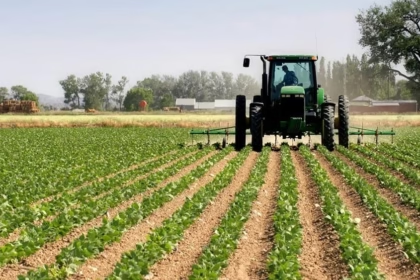Isoko land is rich. The communities here have fertile soil, rivers, and most notably, oil. For decades, oil exploration has been going on in places like Oleh, Ozoro, and Emede. Yet, when you switch on a light at home or try to power a business, electricity is often unreliable or completely unavailable. Many people wonder: how can an area producing oil for the country still struggle with power?
The Reality of Oil in Isoko
Oil is one of Nigeria’s biggest resources, and Isoko is part of the Niger Delta, where most of this oil comes from. Companies have been drilling for crude oil, and billions of Naira are generated from these activities. Despite this wealth, the local communities often do not see the benefits in terms of basic infrastructure like roads, schools, healthcare, and electricity.
This is not just about money. It is also about how the resources are managed and shared. The oil revenue often goes to the federal government, and the system of distribution does not always prioritize the communities directly affected by extraction.
Why Electricity Remains Unreliable
There are several reasons why Isoko land struggles with electricity even though it produces oil.
First, the national power grid is underdeveloped. The electricity that reaches Delta State comes from a central system, and breakdowns happen frequently. Maintenance is often delayed, and communities far from the main grid, like many in Isoko, experience more power cuts.
Second, the cost of electricity infrastructure is high. Building transmission lines and substations requires massive investment. Oil companies focus on production, and government agencies are supposed to handle power distribution, but delays and corruption slow progress.
Third, local mini-grids or independent power solutions are limited. While some communities have tried solar projects or small generators, these are not widespread or strong enough to power homes and businesses reliably.
The Impact on Daily Life
The lack of reliable electricity affects everyone. Households spend money on generators and fuel. Businesses struggle to operate, especially those that rely on refrigeration, computers, or lighting. Schools and healthcare centers cannot fully function without constant power.
For youths and entrepreneurs, this challenge slows growth and innovation. Many have to migrate to cities with better electricity just to start businesses or study effectively.
Possible Solutions
Experts believe several solutions could improve electricity access in Isoko. One approach is investing in local mini-grids powered by solar or gas. These can be community-managed and provide a more reliable source of energy.
Another solution is better accountability in the use of oil revenue. If part of the money generated from Isoko’s oil were invested directly in infrastructure, communities could develop electricity systems without waiting on national delays.
Public-private partnerships are also a way forward. Oil companies, government agencies, and local leaders can work together to create small power plants or expand the grid into underserved areas.
To Conclude
It is frustrating to see oil flowing from Isoko land while electricity remains scarce. The problem is not a lack of resources; it is about planning, investment, and proper management. Communities, government, and private companies all have roles to play in solving this.
For residents, awareness and advocacy are key. By pushing for accountability and exploring alternative energy solutions, Isoko can finally have reliable electricity to match its oil wealth. After all, the people who produce these resources deserve to see their communities thrive.









